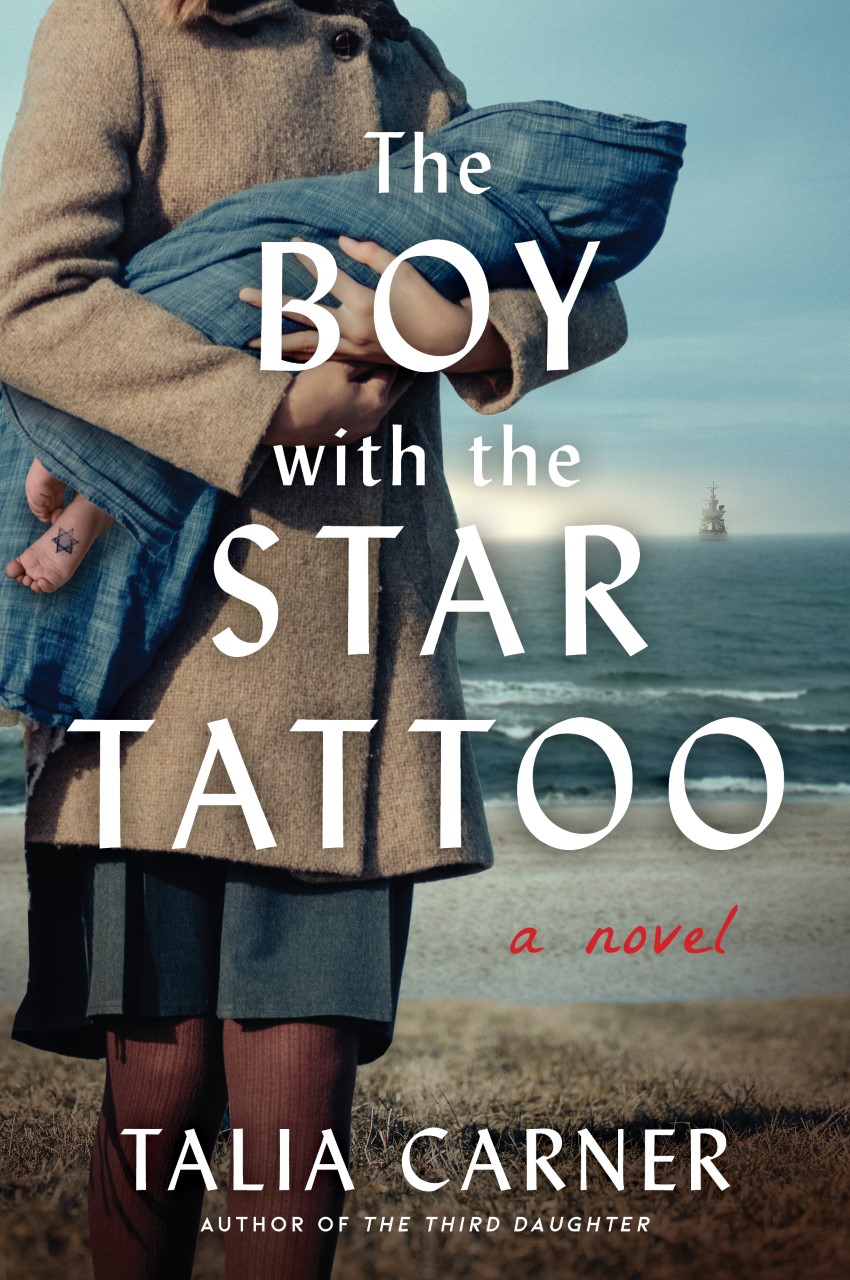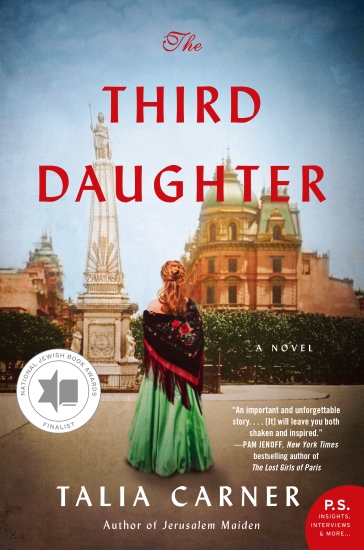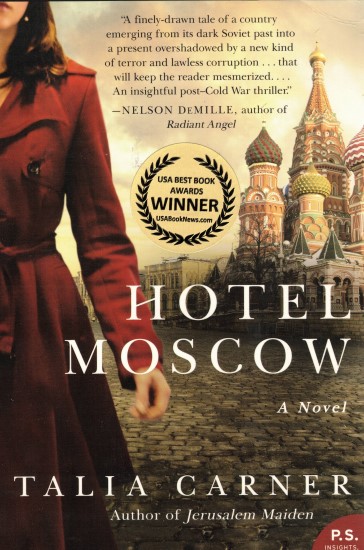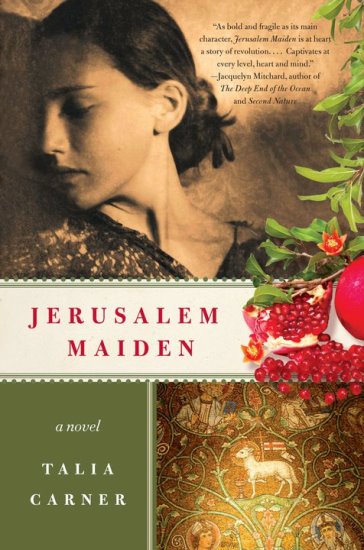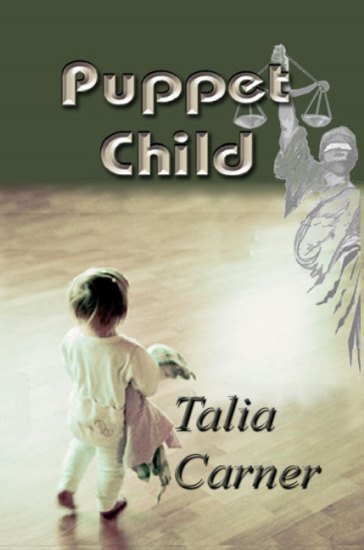- When accepting the position in Cherbourg, Sharon begins her quest to learn something—anything—about her late mother. Discuss the psychological reasons for such a quest, and the turning points in Sharon’s journey.
- Danny Yarden refuses to dwell on the past—his own or the Holocaust—and states that his mission in life is to focus on the future. Discuss his approach from the perspective of time—in the late 1960s, today, and fifty years from now.
- Claudette wishes to become Jewish since her experiences with Jews is different from everyone around her. Discuss her understanding of her own wish to belong to the Jewish people. What personality trait does it take for her to stick to her goal? How does she navigate the consequences—and visual manifestation—of her decision?
- Félix Amiot is a controversial person. Is he misjudged by history? Discuss his complex history (please check Coco Chanel’s biography in relation to him). How does Sharon perception of him evolves?
- “Children are the new post-war commodity in Europe,” Miriam says to Uzi. Discuss this post-WWII approach of nations to replenish their lost populations—and whether it worked. How did Youth Aliyah fit into this concept?
- The twenty-year-old Uzi Yarden feels wholly unprepared for his mission. Why was he selected, and what was his personal transformative journey through his three-week’s trip to France?
- Uzi first tries to give the mezuzah he’d found to Arthur, and eventually gifts it to the newlywed couple in the Displaced Persons camp. Discuss the symbolism of this object from the moment it was found to its final home.
- The older Uzi tells Sharon, “The Holocaust caused many adults to become atheists. For children, during the worst times, God was the only one from whom they could draw protection.” Discuss what you know of adults’ faith during and after the Holocaust.
- Sharon first appeared in the author’s books in a cameo role in the epilogue of JERUSALEM MAIDEN. Reread that section and discuss how the granddaugher you glimpse there fits into the role of the protagonist in THE BOY WITH THE STAR TATTOO.
- Separations and losses cause grief at various levels. List the different portrayals of grief in the novel and how, woven together, they shape the story.
- Discuss the trajectory of Sharon and Danny’s dynamic. Does her perception of their shared history strengthens or weakens it? Can you pin down the turning point on Danny’s part?
- When Uzi arrives in Marseille, Hilda tells him, “We are grateful for the heroism of local people who sheltered and saved our children, often risking their own families’ lives, but it’s time. We fear for our children’s Jewish souls.” Discuss the nature of Youth Aliyah, its mission, and the Jewish-French approach to it as glimpsed in the novel.
- Sharon realizes too late the potential blow to Danny’s identity if he learns about Claudette Pelletier. Discuss the manifestations of Jewish and Israeli identities of the minor characters in this novel: Rochelle, Raphaël, Isaac Baume, Sharon’s grandmother, Madame Galvin. Are they religious, ethnic or secular? What do Claudette and Félix Amiot learn about Judaism?
- The author heads the three sections of the novel, Uncertainty, Aliyah, and Belonging. Discuss the development of each of these themes in the novel, and how the three point-of-view characters relate—or don’t—to them.
- In the author’s Q&A, Talia Carner responds that in her head she has a clear epilogue to this novel, but didn’t write it since it presented yet-another heartbreaking twist. Can you imagine what it could be?
